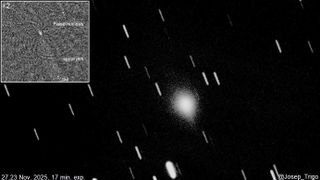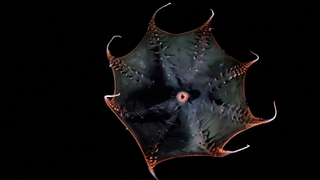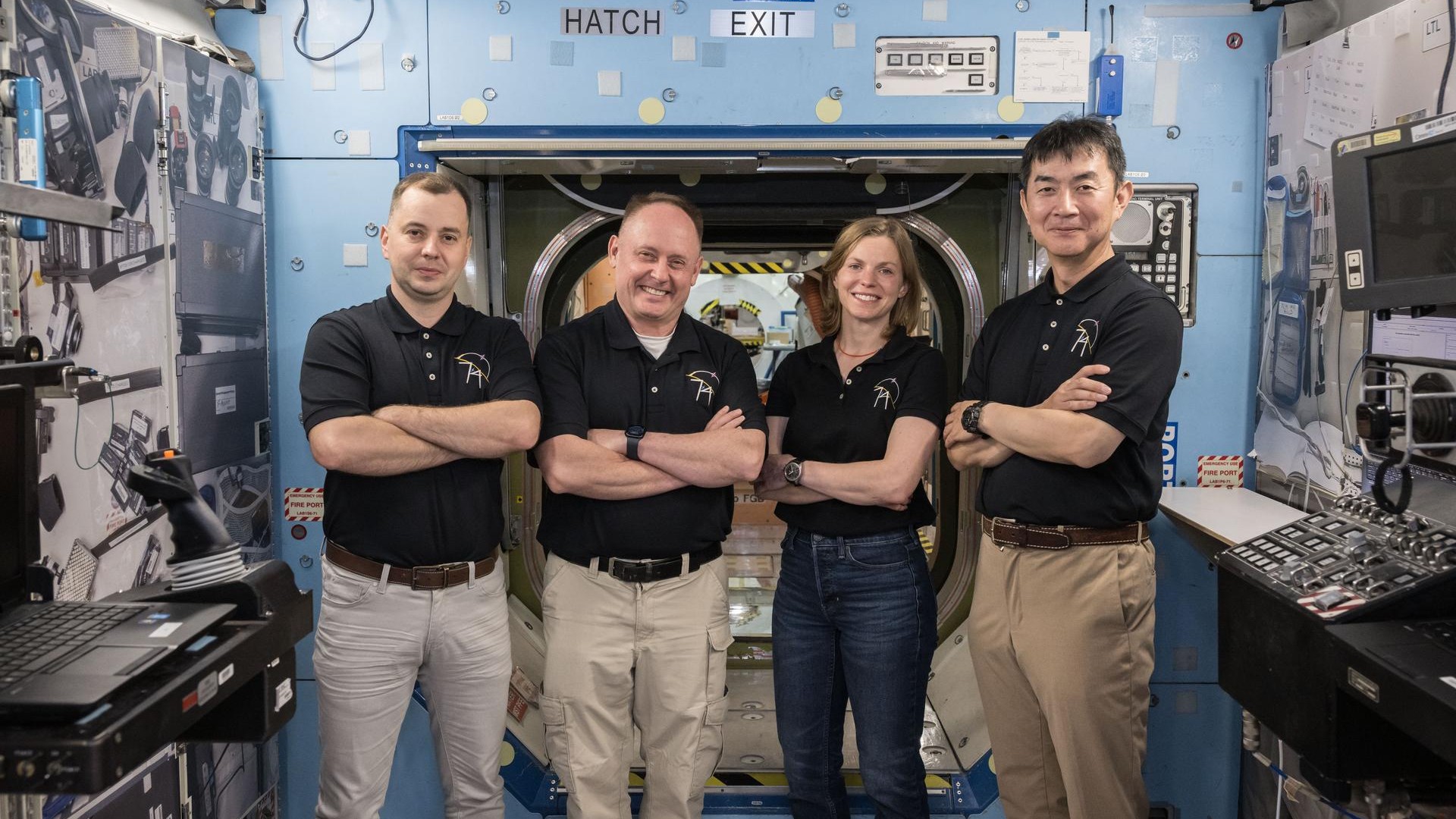Science News: Recent scientific discoveries and expert analysis
Latest news
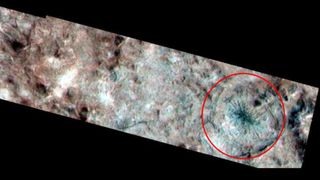
Spiders on Jupiter? Scientists uncover secret origins of arachnid-like 'demon' lurking on gas giant's moon.
By Harry Baker published
A new study reveals the likely origin of a mysterious spider-like pattern first spotted on Jupiter's moon Europa in 1998. The finding could have implications for a NASA spacecraft en route to the frozen world.

Detectorists find Anglo-Saxon treasure hoard that may have been part of a 'ritual killing'
By Kristina Killgrove published
These Anglo-Saxon accessories were recovered from the side of a hill in England and may be from a hoard, a ritual deposit or a collection of stolen items.
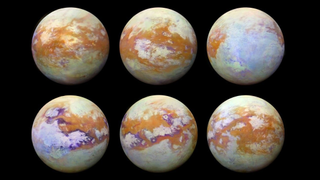
Saturn's largest moon may be riddled with 'slushy tunnels' that contain alien life, new study hints
By Elizabeth Howell published
Decades ago, a spacecraft suggested Saturn's largest moon, Titan, had an ocean. New observations suggest that the liquid may look more like slush.
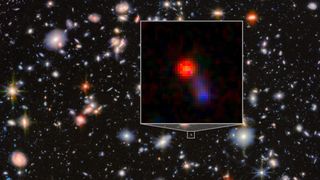
James Webb telescope finds supermassive black hole hidden inside 'Jekyll and Hyde' galaxy
By Patrick Pester published
The discovery of a hidden supermassive black hole inside an ancient galaxy suggests that some of our universe's most extreme objects could be invisible unless observed in infrared wavelengths, James Webb telescope observations reveal.
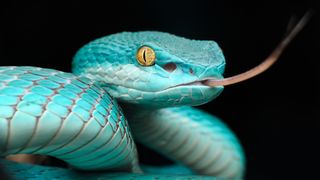
Snakes' mind-bending 'heat vision' inspires scientists to build a 4K imaging system that could one day fit into your smartphone
By Fiona Jackson published
The human eye can only detect wavelengths in the visible light range, but a new imaging system will let us "see" infrared radiation using smartphones.
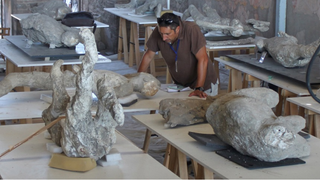
Pompeii victims were wearing woolen cloaks in August when they died — but experts are split on what that means
By Tom Metcalfe published
Some of the victims at Pompeii were wearing woolen cloaks when they died, even though it was August, new research finds.
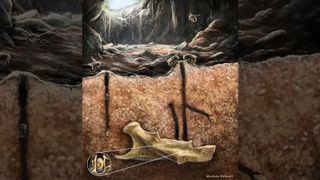
Ancient burrowing bees made their nests in the tooth cavities and vertebrae of dead rodents, scientists discover
By Sascha Pare published
Scientists made a unique discovery in a cave on the Caribbean island of Hispaniola: dozens of fossilized bee nests inside rodent bones that were deposited by owls thousands of years ago.

Heart attacks are less harmful at night. And that might be key to treating them.
By Zunnash Khan published
Controlling immune cells' internal clocks helped reduce inflammatory damage in conditions like heart attack and sickle cell disease, a mouse study found.

James Webb telescope may have spotted the earliest supernova in the universe
By Shreejaya Karantha published
Astronomers using the James Webb Space Telescope report that a powerful gamma-ray burst detected in March may have been produced by the explosion of a massive star just 730 million years after the Big Bang.

Brain scans reveal 'dial' that helps keep us from getting lost
By RJ Mackenzie published
A brain-scan study reveals key components of the brain's navigation system, which may help us better understand early symptoms of dementia.
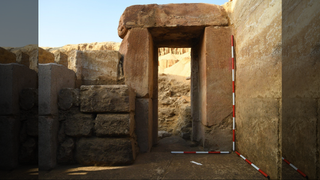
Ancient Egyptian valley temple excavated — and it's connected to a massive upper temple dedicated to the sun god, Ra
By Owen Jarus published
The newly excavated 4,500-year-old valley temple from ancient Egypt holds a "public calendar" and a roof for astronomical observation.
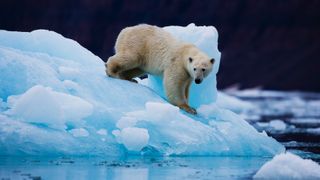
Polar bears in southern Greenland are 'using jumping genes to rapidly rewrite their own DNA' to survive melting sea ice
By Sarah Wild published
Warming temperatures appear to be driving genetic mutations in some polar bears to help them survive the shifting climatic conditions.
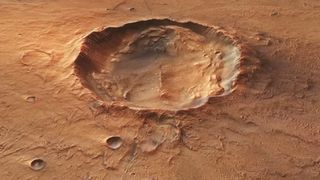
City-size 'cosmic butterfly' carved into Mars' surface contains traces of ancient water
By Harry Baker published
The European Space Agency has released new images of a rare "butterfly" crater on the Red Planet. The bug-like structure sports a pair of smooth, rocky wings, which were likely "fluidized" by buried Martian ice.

Record-breaking feat means information lasts 15 times longer in new kind of quantum processor than those used by Google and IBM
By Tristan Greene published
The novel design for the new qubit uses the chemical element tantalum in tandem with a special silicon substrate, creating what researchers say are the most coherent superconducting qubits to date.
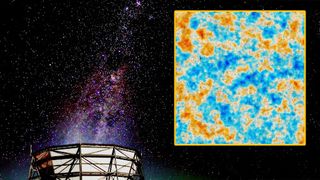
30 models of the universe proved wrong by final data from groundbreaking telescope
By Paul Sutter published
The Atacama Cosmology Telescope (ACT) in Chile has released its final batch of data after 15 years — and it proves that the Hubble tension, a rift in our understanding of the universe, is very real.
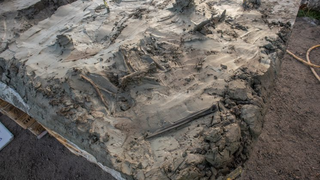
5,000-year-old dog skeleton and dagger buried together in Swedish bog hint at mysterious Stone Age ritual
By Kristina Killgrove published
Five millennia ago, ancient fishers buried a dog alongside a dagger in a lake bed. Archaeologists are trying to figure out why.
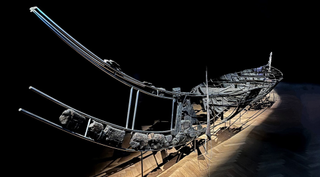
2,400-year-old fingerprint from mysterious sea raider found preserved on Scandinavia's oldest plank boat
By Dani Leviss published
An ancient fingerprint and several chemical clues from a 2,400-year-old sea raiders' boat are revealing secrets about where some mysterious attackers came from during the Iron Age.
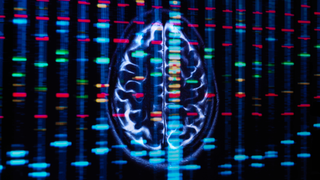
5 genetic 'signatures' underpin a range of psychiatric conditions
By Clarissa Brincat published
A study suggests psychiatric disorders can share the same genetic signatures and that they may stem from shared biological mechanisms.
Get the world’s most fascinating discoveries delivered straight to your inbox.
 Live Science Plus
Live Science Plus





